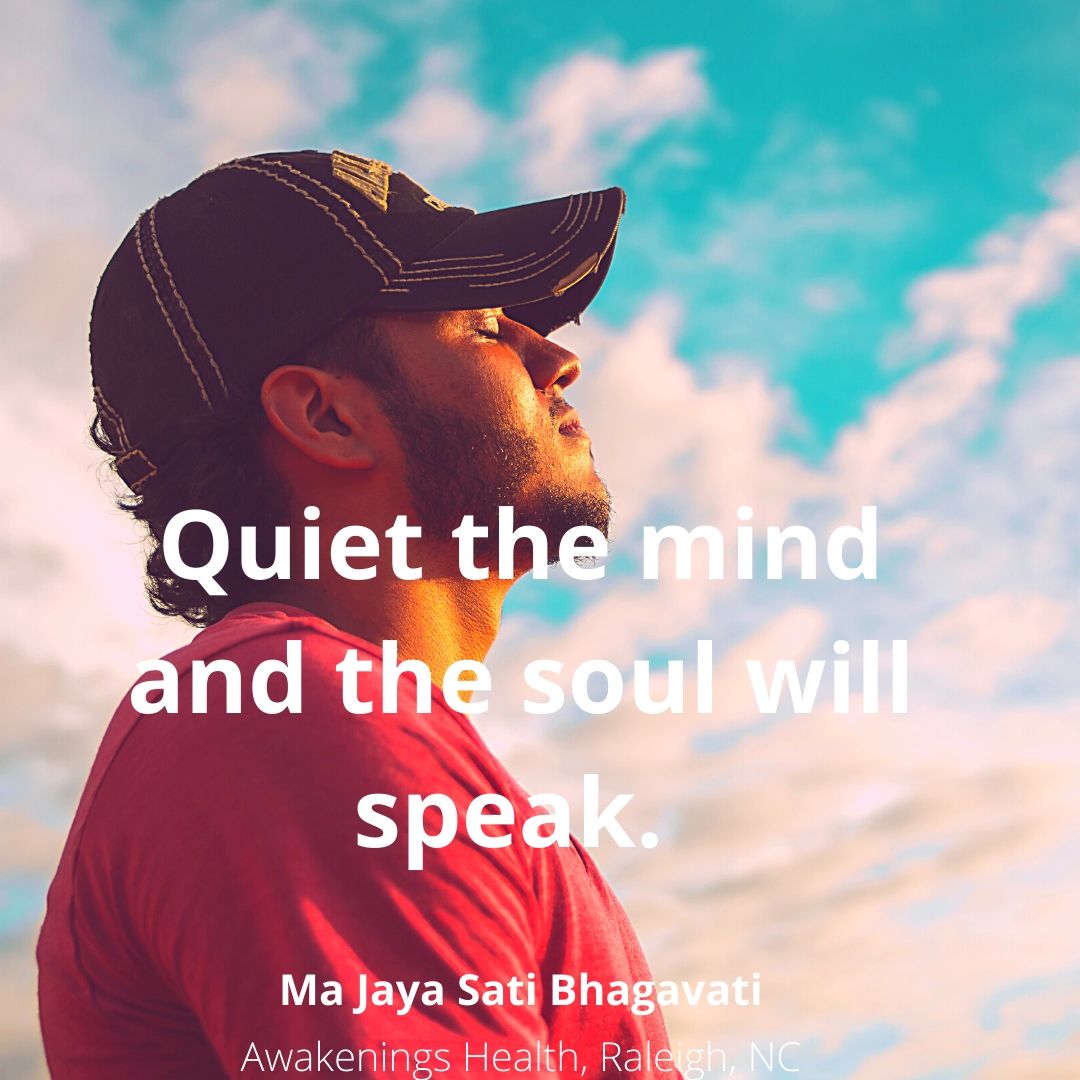Meditate Imperfectly.

Always remember that when you try to meditate, if it doesn’t come automatically or as straightforward as you wish, that’s okay. Forgive yourself and be kind, gentle and open towards yourself.
Dza Kilung Rinpoche
Meditation. The word carries a great deal of weight, and unfortunately, that includes baggage.
We seem to have been programmed in our Western culture to view meditation as some esoteric and difficult discipline that requires us to begin to forage for leaves in the woods and start wearing gauzy kaftans and having a look of insouciant bliss on our faces.
Fortunately, over the last ten years more and more Americans are realizing that meditation is for everyone, it requires no special or expensive training, no religious or spiritual bent, and it’s as beneficial for the health of our bodies as it is for our minds.
But an idea that still persists, ironically, is that we have to meditate perfectly. We have to attain the stillness of a spiritual master atop the Himalayas. We’re Americans–hey, we must work at it! Actually, your meditation practice is a place in this world where you don’t even have to pretend to claim perfection. Meditation, by definition, is about ease. It’s about releasing the clench of the ego–which is where the gremlin of perfectionism dwells–and just breathing and finding some rest and quiet. (Remember “Serenity now!” From Seinfeld, episode 159? Frank Costanza : Doctor gave me a relaxation cassette. When my blood pressure gets too high, the man on the tape tells me to say, ‘SERENITY NOW!’)

A meditation practice can be as sweet and simple as just sitting and being right there and releasing resistance. Eckhart Tolle says that, “To offer no resistance to life is to be in a state of grace, ease, and lightness. This state is then no longer dependent upon things being in a certain way, good or bad.” Meditation can offer that doorway to not working so hard against life.
If you’d like to commence an imperfect meditation practice, here are some tips:
Just start with being aware of the breath a few times a day. The breath is our doorway to meditation and it’s something we all can become pros at! Perhaps set a pleasant notification chime for certain hours of the day to just stop and breathe.
Take 2-5 minutes before each meal as meditation time. Finding a little stillness and quiet before you sit down to eat can be a fabulous pattern to set. You get the benefits of meditation and some solace before you begin to eat, which can lead to better digestion and eating at a slower pace.
Search websites for free guided meditation videos and recordings. Guided meditation can help beginner meditators start a regular practice. Our own Laura Gries, co-founder and head of our yoga program, has a wonderful meditation on our Youtube page: https://www.youtube.com/watch?v=xhXbgZ3f54M
Realize that 3 minutes is powerful and that, especially for new meditators, 30 minutes can be overwhelming.
Article by Deana Vassar of Awakenings Health.
We wish you peace as you begin your meditation practice. If you have any questions, please reach out– info@awakeningshealth.com.
